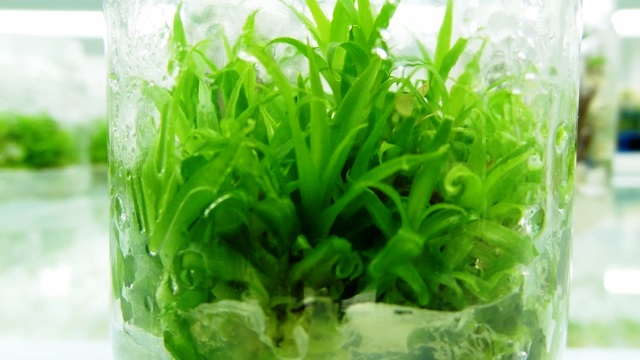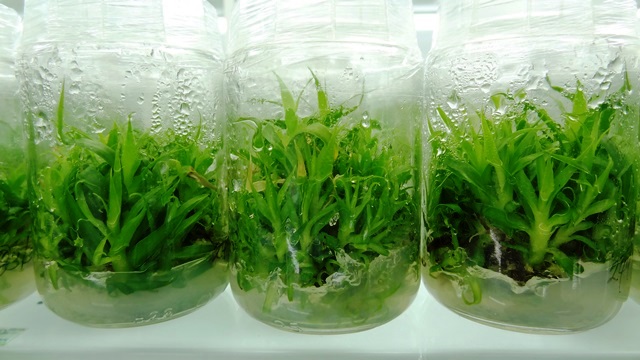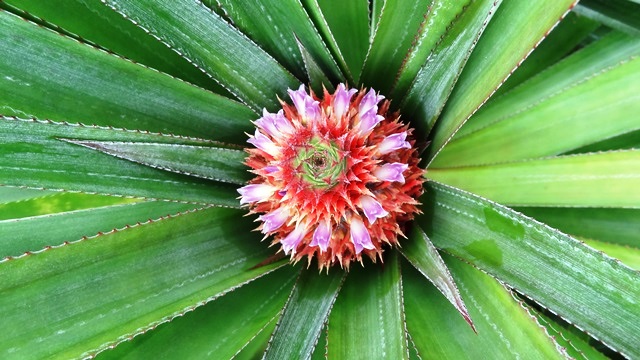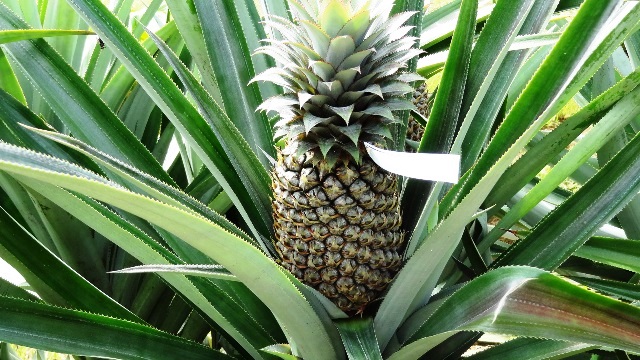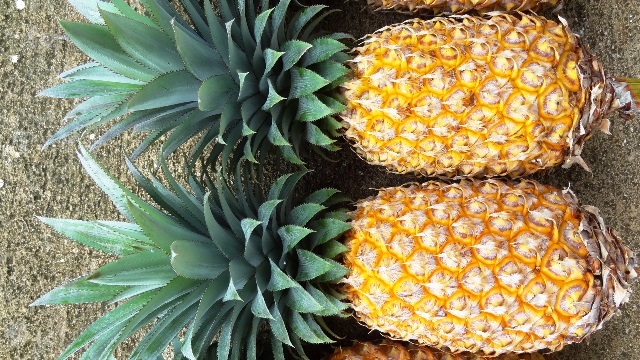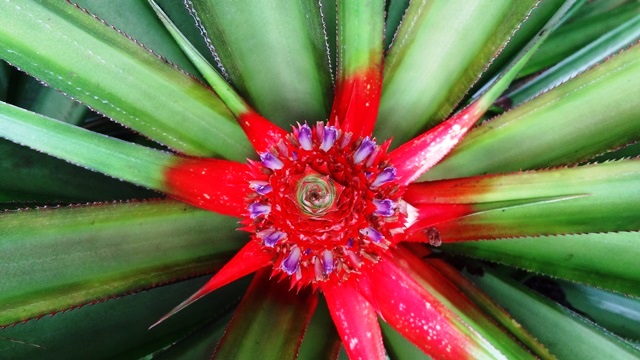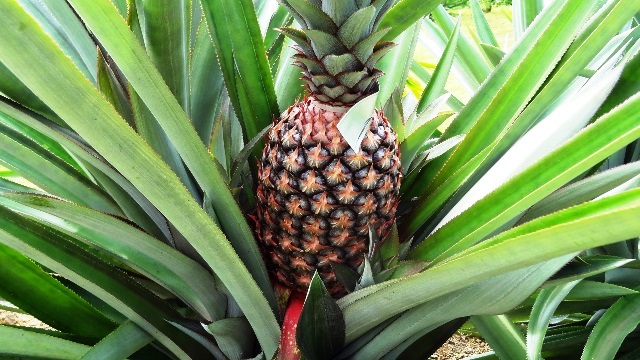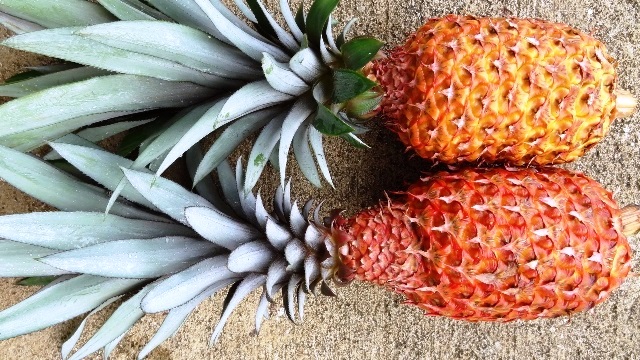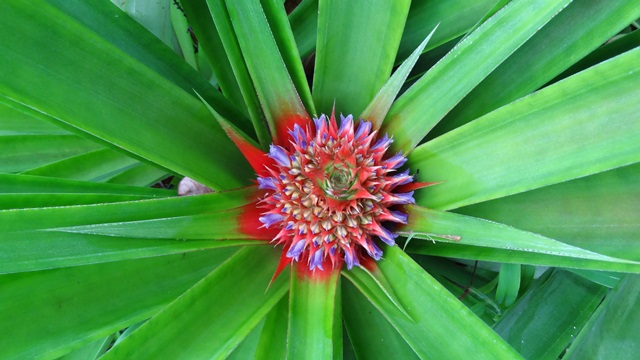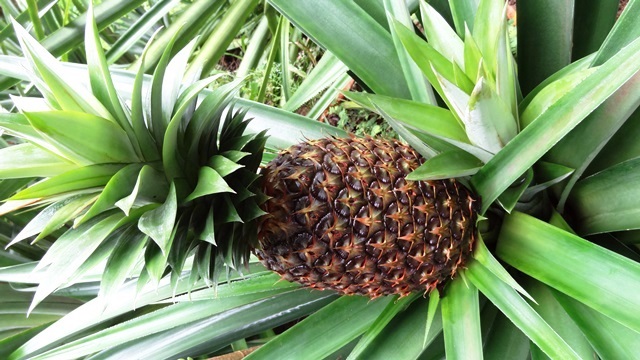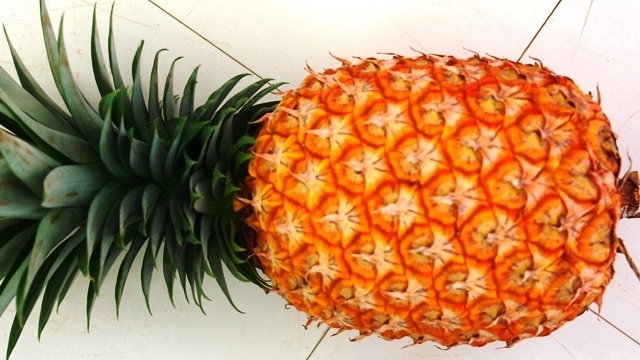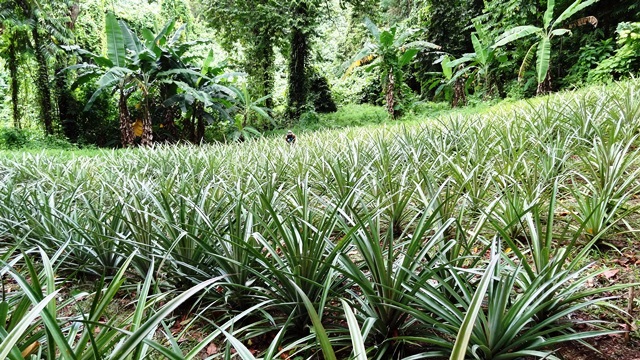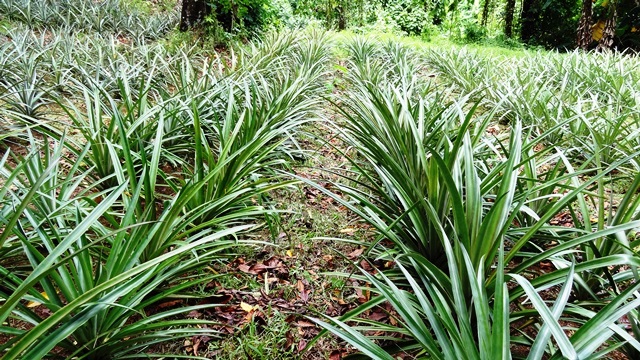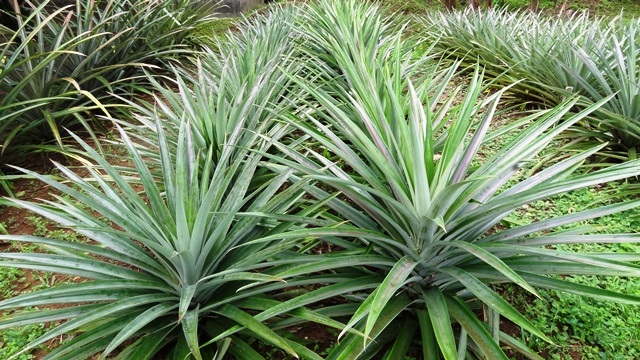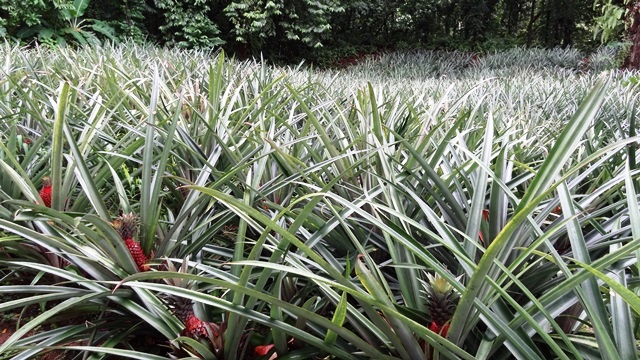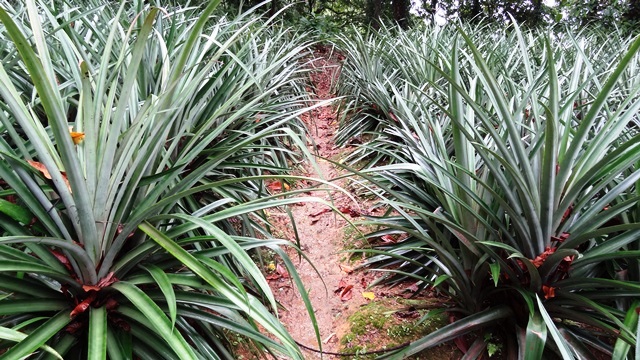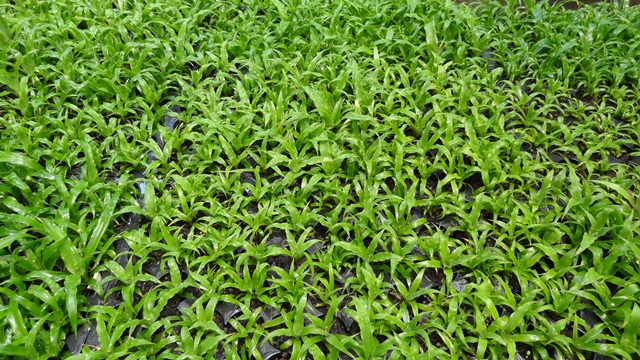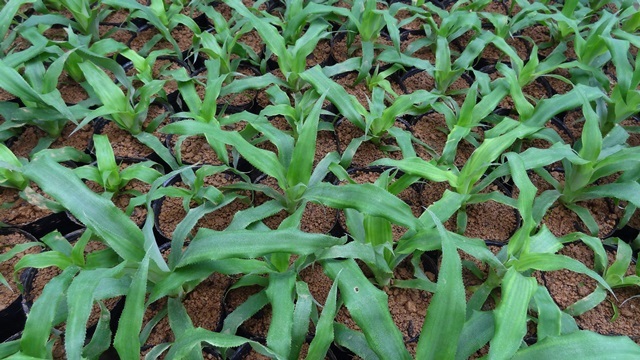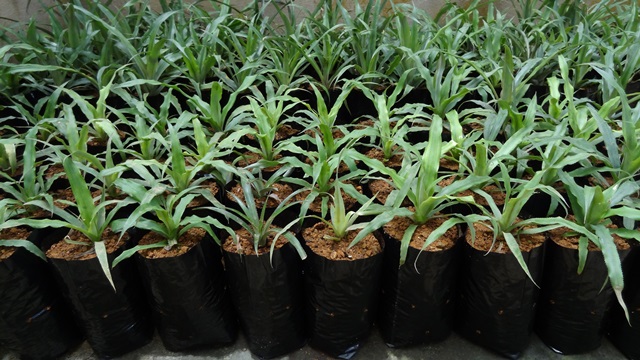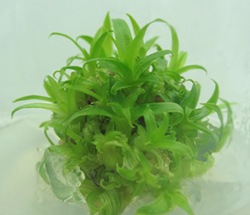KOSRAE, FSM. Dr. Virendra M. Verma, Researcher and Extension Specialist, Kosrae Agricultural Experiment Station.
The pineapple (Ananas comosus L. Merrill), a tropical plant with edible multiple fruit consisting of coalesced berries, is the most economically significant plant in the Bromeliaceae family.
Pineapples are delicious tropical fruit that have been celebrated for centuries for their distinct and unique taste and miraculous health benefits. The health and medicinal benefits of pineapple include the ability to improve respiratory, digestive and immune systems. Pineapple consumption cures coughs and colds, strengthens bones, improves oral health, boosts eye health, increases heart health and blood circulation, reduces inflammation, fights off infections and parasites, prevents cancer, and also helps in losing weight (Szalay, 2014).
‘Pineapple micropropagation and commercial cultivation to enhance productivity in Micronesia’, is an integrated research, outreach and education project approved by the United States Department of Agriculture, National Institute of Food and Agriculture (USDA-NIFA) for the Micronesian region. According to Dr. Virendra M. Verma, the project director of this project, enhancing pineapple production in the Federated States of Micronesia (FSM) and the Republic of the Marshall Islands (RMI) will help in overcoming the regional agricultural challenges primarily, the non-availability of disease-free and uniform seedlings, shortage of trained agricultural professionals, and limited acquaintance of farmers with sustainable, commercial cultivation practices. By providing a means of sustainable, climate-smart and organic commercial cultivation of pineapple, this project will create opportunities of income generation for local farmers, and will ultimately result in improved food self-sufficiency, and nutritional security in the region.
This project with multiple sites across the Micronesian region is first of its kind not only in the Micronesian region but also in the Pacific region because it is integrating and employing multiple latest tools and technologies such as plant biotechnology, horticulture, microbiology, plant physiology and plant pathology for sustainable, climate-smart and organic commercial cultivation of pineapple. The project is of great significance as it is specifically designed to optimize in vitro multiplication protocol and nursery management systems to produce elite and disease-free pineapple seedlings in bulk quantities in the Micronesian region. The project is utilizing plant biotechnological techniques of in vitro mass-scale cloning for uniform pineapple plantlet production, greenhouse acclimatization of cloned pineapple plantlets for mass-scale, disease-free seedling production, and organic fertilizers to provide essential nutrients and maintain beneficial soil microorganisms along with appropriate site-specific and climate-smart horticultural, plant physiological and integrated pest management practices. The project activities also include educating local farmers in site-specific sustainable agricultural practices, and providing appropriate recommendations and training for sustainable, climate-smart and organic commercial pineapple production in the region.
Successful implementation of this project has resulted in the development of a high efficiency and reliable, in vitro cloning method for mass multiplication and production of elite, uniform and diseases-free pineapple plantlets, and acclimatization of thousands of cloned plantlets into uniform and diseases-free seedlings of selected pineapple cultivars such as Ananas comosus cv. Kosraean and Ananas comosus cv. Hawaiian through appropriate nursery management systems. Preparation has been started for designing, implementing and conducting research trials for commercial pineapple cultivation at multiple sites as well as for collecting data for analysis, and the development and publication of a commercial pineapple cultivation guide to specifically suit the needs of local farmers. Recommendations for sustainable pineapple production are being provided through training workshops, hands-on trainings, farm visits, and field days. Three pilot sites in the Micronesian region, specifically in the Federated States of Micronesia (FSM) and Republic of Marshall Islands (RMI) are being developed as demonstration sites to carry out research, outreach and education activities of the project to encourage and promote sustainable commercial pineapple production among local farmers in the region.
This project is providing opportunities for income generation and profitable self-employment to the participating farmers. In addition, it is serving as an excellent example to encourage other farmers and rural communities in successfully adopting the sustainable, climate-smart and organic commercial pineapple production practices.
Szalay, J (2014) Pineapple: health benefits, risks & nutrition facts (Live science reference). Retrieved from http://www.livescience.com/45487-pineapple-nutrition.html
